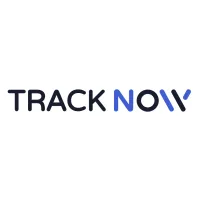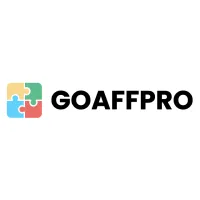NFTs (Non-Fungible Tokens) are special types of digital assets that serve as a proof of ownership or authenticity tied to a specific piece of content or item ranging from art, music, videos, in-game items to real-world assets. While cryptocurrencies such as Bitcoin and Ethereum are fungible (interchangeable and equal in value) NFTs are non-fungible, which means each one of them is unique and not interchangeable on a one-for-one basis with another.
NFTs are based on blockchain technology, usually the Ethereum one, but increasingly on other networks, like Binance Smart Chain, Solana and Polygon. And the blockchain guarantees their individuality and legitimacy — not just in the sense of verified brands and trademarks, but in the purest sense of transparent, immutable ownership.
Key features of NFTs
-
Non-fungible: An NFT is not interchangeable with another NFT.
-
Ownership: NFTs are a decentralized proof of ownership of something, which is a testament to ownership history (Owner history) that would keep file history/user history.
-
Indivisibility: Unlike cryptocurrencies, which can be traded in fractions, most NFTs cannot be divided into smaller units.
-
Interoperability: NFTs can be applied in different platforms like games, marketplaces, and other virtual world, provided that the blockchain platform is compatible.
-
Programmability: NFTs frequently contain embedded smart contracts that facilitate automatic royalty payments to creators when they are resold.
Use cases of NFTs
-
Digital art: NFT tokens allow artists to token their art, giving them proof of authenticity and the ability to sell it directly to collectors without the need for a middleman.
-
Gaming: You’ll be able to use NFTs to own in-game content or characters, or virtual real estate.
-
Music & entertainment: Music artists and creators are able to sell off exclusive rights to their music works as well as event tickets as NFTs.
-
Virtual real estate: Platforms like Decentraland and The Sandbox let users buy, sell and build on virtual land using NFTs.
-
Collectibles: Trading cards, rare items and other digital collectibles have been some of the most popular applications for non-fungible tokens.
-
Real-world assets (RWA): NFTs have the potential to digitize ownership of physical goods like real estate, cars, and luxury items, connecting to each other the world of bits and atoms.
Crypto Exchanges Supporting NFT
- OKX (OKX is user-focused first and foremost. They relied on maximum convenience and speed of the exchange, and OKX does this very well. In addition, OKX has its own and very convenient decentralized wallet to store tokens securely.).
- Coinbase (Coinbase is one of the largest and most popular cryptocurrency platforms globally, offering services to both novice and experienced crypto enthusiasts. But despite its global popularity, Coinbase has quite high fees compared to other crypto exchanges.).
How to start with NFTs on exchanges
-
Create an Account: Register on a NFT-capable crypto-exchange platform and complete the account opening process including KYC.
-
Fund Your Wallet: Deposit crypto or fiat to buy NFTs.
-
Explore the Marketplace: Search for NFT collections.
-
Make a Purchase: Bid or buy NFTs directly using the marketplace interface.
NFT is revolutionising digital economy by empowering ownership and monetisation of unique digital and physical goods. No matter what kind of role you play in art, whether it’s artist, collector, or investor, NFTs are all the rage right now in the changing landscape of blockchain technology. Would-be purchasers should be wary, however, of the speculative nature, and the inherent risks.





